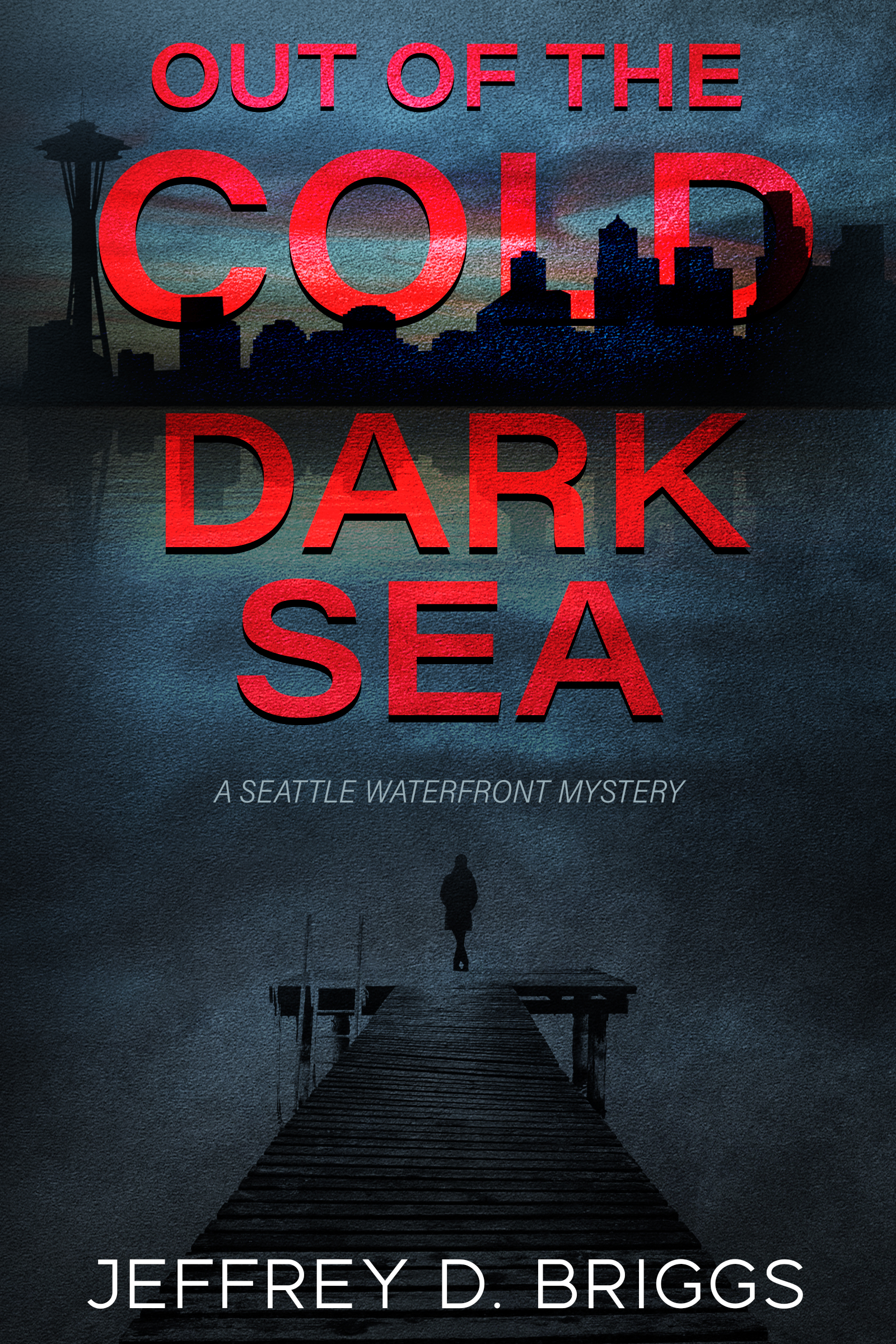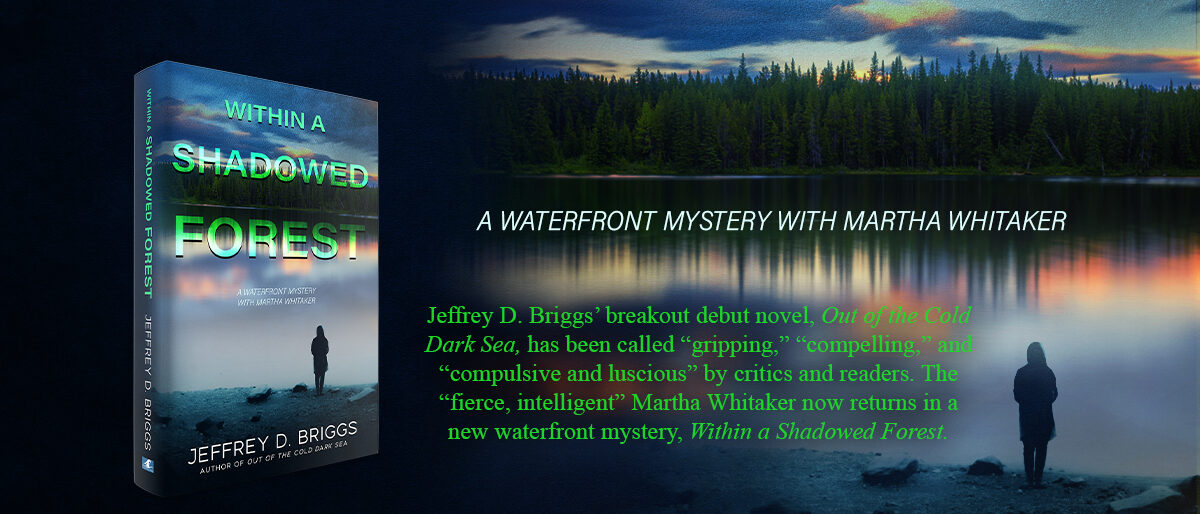 Out of the Cold Dark Sea
Out of the Cold Dark Sea
By Jeffrey D. Briggs
Please Note: In order to provide reading groups with the most informed and thought-provoking questions possible, it is necessary to reveal important aspects of the plot of this novel—as well as the ending. If you have not finished reading Out of the Cold Dark Sea, we respectfully suggest that you may want to wait before reviewing this guide.
- Do you think Out of the Cold Dark Sea was plot-based or character driven?
- What made the setting unique or interesting? Could the story have taken place anywhere?
- The persistent Seattle rain overshadows everything that happens in Out of the Cold Dark Sea. How does the rain color our impressions of Seattle, its residents, and the Pacific Northwest throughout the novel?
- How did Martha’s character change throughout the story? How did your opinion of her change? Why do you think Martha is so reluctant to trust other people?
- Betrayals and their devastating consequences are at the core of this novel. Martha’s mother abandons the family when she is only 5 years old. She is raped by a dear family friend when she is 12. Her sister Rachel, and best friend, attempts suicide and suffers a lingering death. Martha is later betrayed by both her mentor Hewitt Wilcox and the Seattle police officer Harry Callison. How do these betrayals influence Martha? How does each betrayal impact her journey away from violence and towards loving and trusting people again?
- What social issues are addressed in the book?
- This book was written well before the #MeToo movement, but the personal and social implication of sexual abuse run throughout the book. Martha and her sister Rachel both keep secret about the sexual abuse by family friend Walt Boudreau. Why do so many people remain silent after being abused? What does this tell us about society, the nature of abuse victims and the need for truth?
- Martha starts to suspect that she contributed to Hewitt’s pursuit for revenge. What role did she play in influencing him to take action after decades of remaining silent about his lover’s death? Why does Hewitt, who is so open about most of his life, keep secret from Martha his plans to exact revenge on the Mormon church?
- Are the characters believable? What personality traits does the author give them to make them so (or not so)? Which character (s) stand out for you the most?
- Martha vows to “never be a victim again.” What traits—both good and bad—does she employ to fulfill that promise to herself? Is a 20-year obsession with being able to protect herself a character flaw or a character strength for Martha?
- The author has chosen to tell the story in the past tense and third person, from Martha’s point of view, and with flashbacks threaded throughout. What is the effect of this? How does it shape the reader’s understanding of Martha herself, as well as of the other characters in the novel? If you could add a different character’s voice, whose would you pick and why?
- If the story were to continue, what direction do you imagine it would take? What must Martha do next?
- Discuss the plot:
- Is it engaging—do you find the story interesting?
- Is this a plot-driven book—a fast-paced page-turner?
- Or does the plot unfold slowly with a focus on character?
- Were you surprised by complications, twists and turns?
- Did you find the plot predictable, even formulaic?
- What passages strike you as insightful, even profound? Did you have a favorite quote or passage from the book? Perhaps a bit of dialog that’s funny or poignant or that encapsulates a character or the book’s theme?
- How did you feel about the ending? What did you like, what did you not like, and what do you wish had been different?
